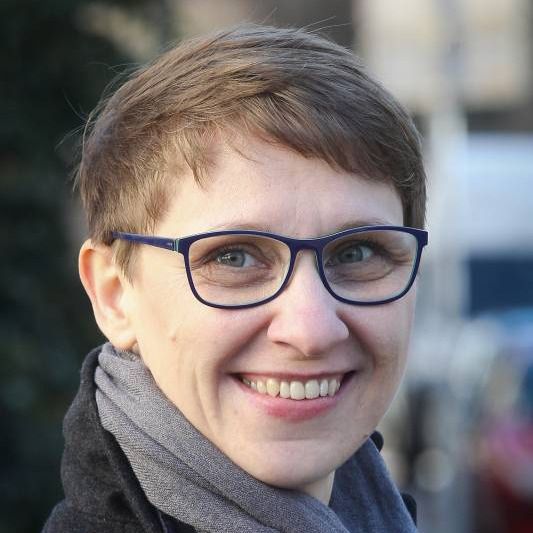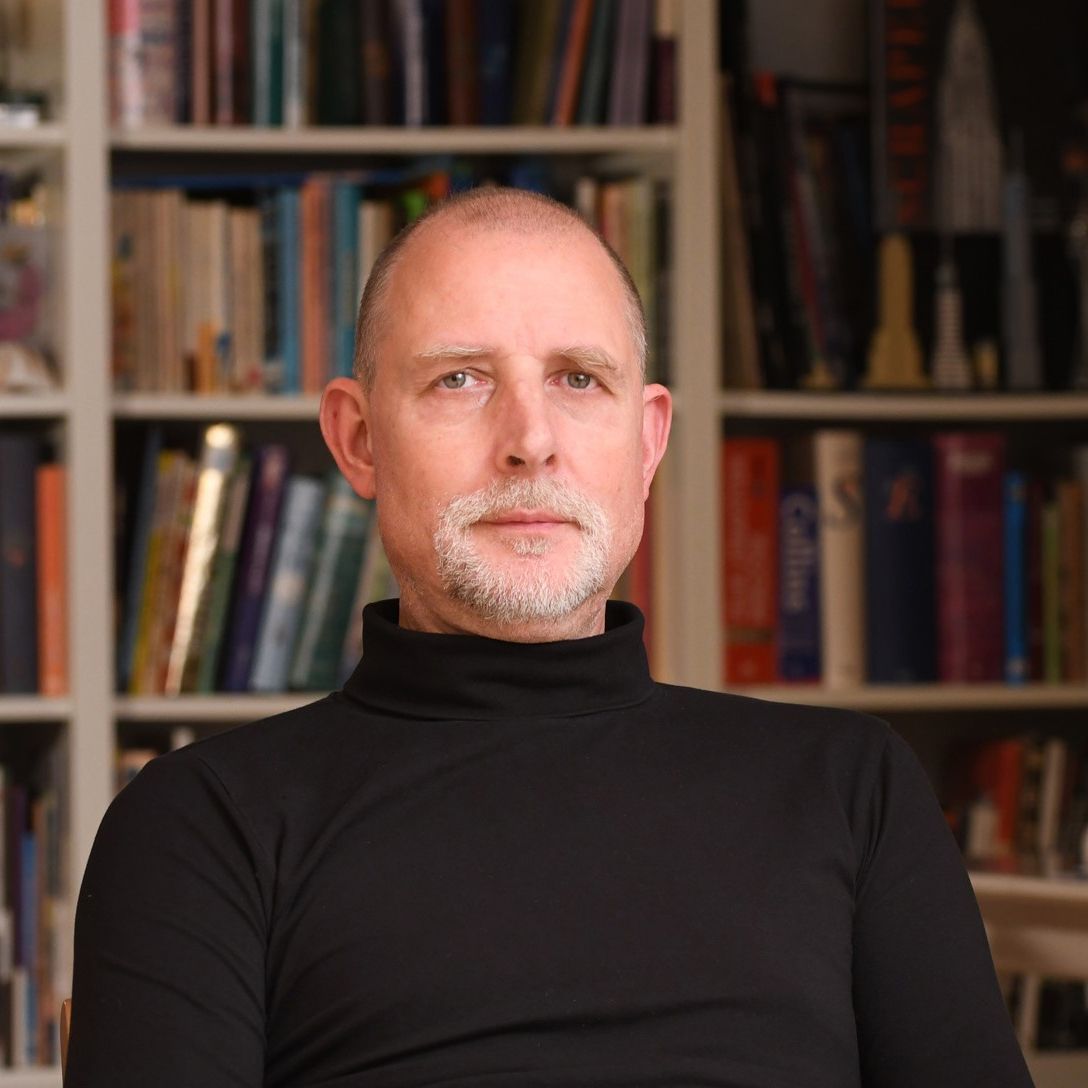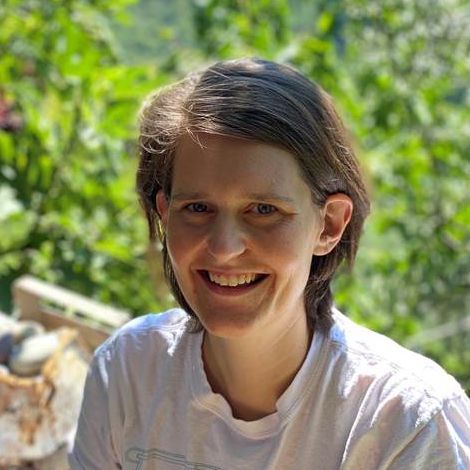Trust in science
17 September 2021
Session 5
10:00-11:35
The fundamental mission of science is social progress. Over the past decades, we have witnessed the shift of science from the wider community. There were various reasons for this. Among them, the most significant reason was the intensive introduction of competitive funding of scientific research, often based on quantitative methods of evaluating scientific performance. At the time of the coronavirus disease (COVID-19) epidemic, however, science came to the fore with the clear task of finding an effective response to this plague of the 21st century in the shortest possible time. Within a year, researchers found effective and safe solutions in the form of vaccines based on state-of-the-art technological methods. Despite the unequivocal scientific findings, there are many concerns about vaccines and vaccination among the so-called anti-vaxxers, who simply do not trust in this field of science. This raises many questions. What in fact is the general level of trust of the wider community in science? In what way and who can increase the level of trust? What role do researchers, funders and other stakeholders play in this? Can public confidence in scientific knowledge be increased by carrying out activities according to the Open Science principles? What is the role and importance of transparent and open scientific communication, efficient repository management and data sharing according to FAIR principles? How can the concept of Citizen Science contribute to this? We will also present the successful “Covid-19 Tracker Slovenia” project, which collects, analyzes and publishes data on the spread of the SARS-CoV-2 coronavirus, the cause of COVID-19, and gives the public a better overview of the magnitude of the issue and a proper assessment of the risk.





